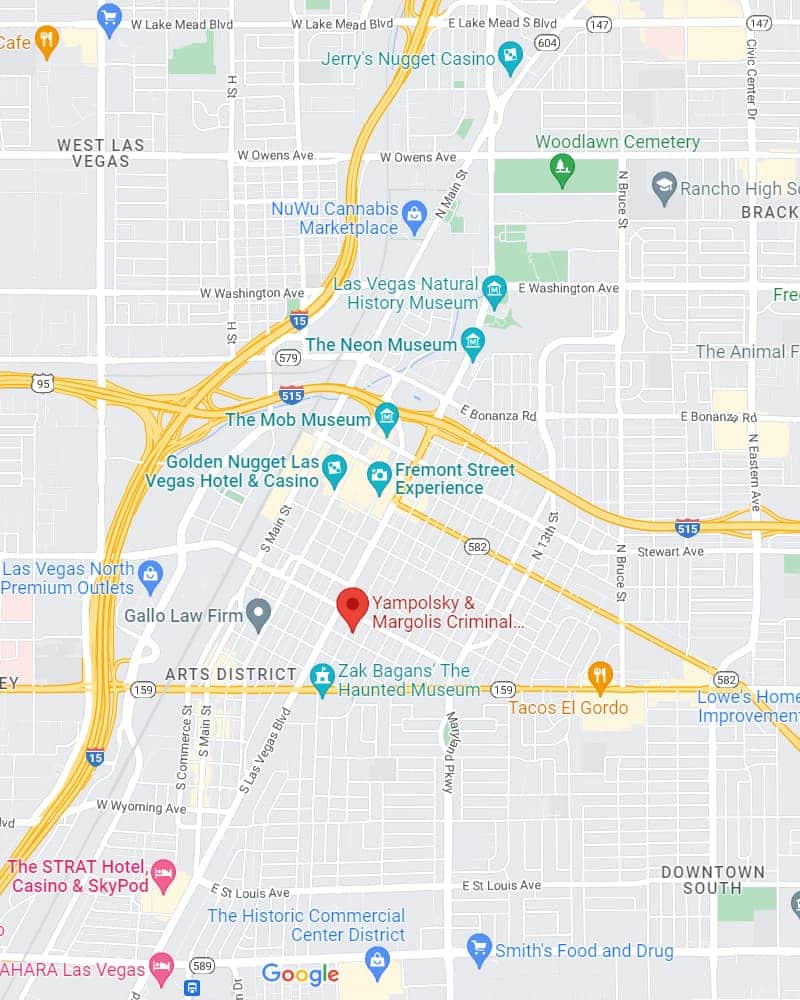The typical white collar defendant is a sophisticated professional of means and sometimes of some renown. Martha Stewart is a good example of a white collar criminal defendant because she is well known and it does appear she was sent to a federal facility that was more pleasant than many others (Club Fed). In general, white collar criminals are treated differently, but the different treatment is aimed at ensuring fairness. White collar criminals are not going to be designated to a facility housing perpetrators of violent crimes. On the other hand, if a white collar criminal has too many resources available, it may create a situation in which no bail amount set will actually ensure the defendant’s appearance in court. While the nature of the crime is different, the dangers are different as well.
How Do The Prosecutors Decide Which White Collar Crime Cases To Pursue?
At the federal level, the most important factors are the amount of loss or the number of victims, but it all comes down to simply prosecutorial discretion. The exercise of this prosecutorial discretion is highly reflective of the facts of the specific case—for instance, the breadth and depth of the deception employed and the chronological duration of the criminal activity are two primary considerations. How long this been occurring weeks, months, or years?
What Is Restitution And Forfeiture In White Collar Crime Cases?
Ordinarily, restitution or forfeiture is used by the prosecuting entity as a kind of trading device. Many white collar defendants have never been charged with a crime before and the very idea of prison is terrifying. They have families, mortgages, responsibilities, and obligations. Many times, they will use forfeiture as a means of making a case go away. The prosecution will allow the defendant to forfeit ill-gotten gains or pay back evaded taxes, in return for not being prosecuted criminally.
For more information on Treatment Of White Collar Defendants, a free initial consultation is your next best step. Get the information and legal answers you are seeking by calling (702) 385-9777 today.






